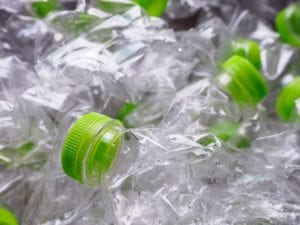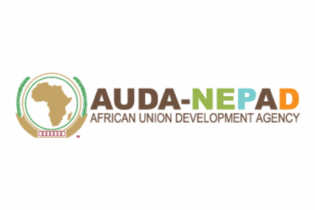As countries open their borders and international flights resume, South Africans can help give their tourism economy a fighting chance at rebounding quickly to pre-Covid levels by cleaning up and recycling.
That’s the message from South African National Bottled Water Association (SANBWA) CEO, Charlotte Metcalf, this Clean-Up & Recycle SA Week (September 13 – 18). Metcalf referenced a recently published paper titled ‘Message in a bottle: Assessing the sources and origins of beach litter to tackle marine pollution’ In it, the authors argued that, from an economic perspective, South Africa is the leading tourist destination in Africa employing 1.5 million people (almost 10% of total employment) and contributing 9.2% to the South African economy. They write that leisure tourism accounts for much of this income, with beaches one of the key attractions for both international and domestic tourists. It is estimated that natural assets yield ecosystem services worth at least US$100 million a year just for Cape Town alone, mainly through tourism. “The message is clear – to boost South Africa’s attractiveness as a tourism destination, and thereby help rebuild the tourism economy which is so important for the overall financial health of the country – we need to clean up and recycle,” said Metcalf.As part of SANBWA’s Environmental Policy, member bottlers are required to not only protect their water sources, ensure their sustainability, minimise water usage and solid waste and be energy efficient, it tasks them with supporting post-consumer recycling initiatives.
This can include sponsoring recycle drives, ensuring they have easy-to-access recycle bins at their production plants, helping to educate children and other members of the public about recycling, and providing support to entrepreneurs entering the recycling economy. In addition, members are encouraged to apply design-for-recycling principles with respect to their packaging, for example, PETCO4’s Designing For The Environment guidelines. “The recycling of packaging does not begin with its collection, but rather with its design. Therefore, to maximise the recycling of the PET bottles and other packaging materials that the industry uses, we ask members to embed recyclability principles into their pack design processes so that, at the end of its life, the packaging material can be successfully recycled and used again in new products and packaging,” said Metcalf. “The SANBWA logo acts as a seal of quality, and guarantees to the consumers the safety and sustainability of the water source, as well as members’ commitment to a responsible environmental stewardship policy. If the brand of bottled water you are buying doesn’t display the logo, ask yourself ‘why not?’,” she said.





